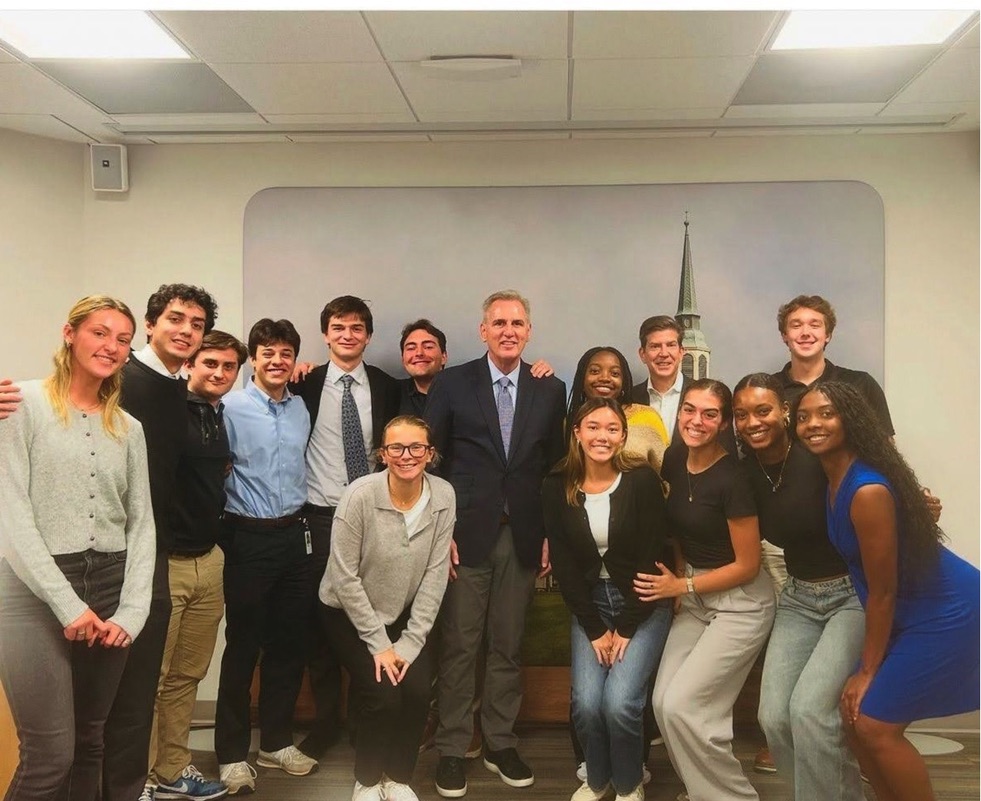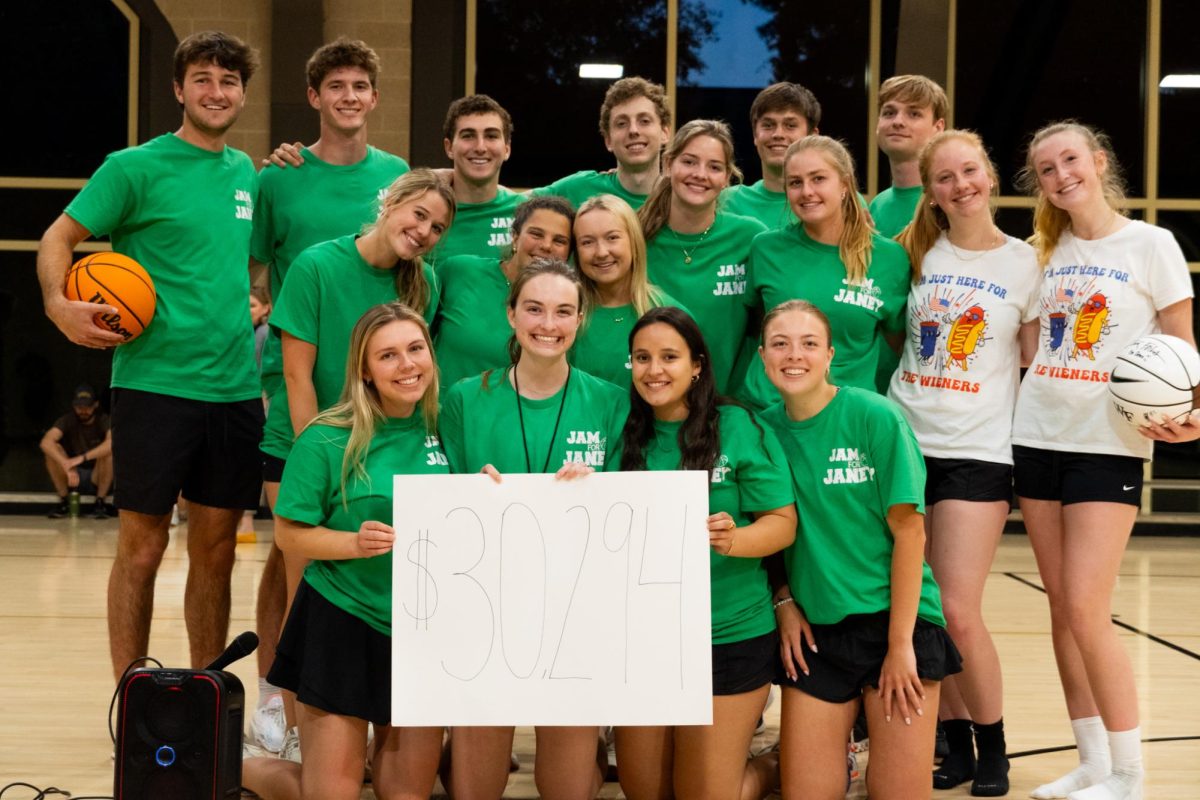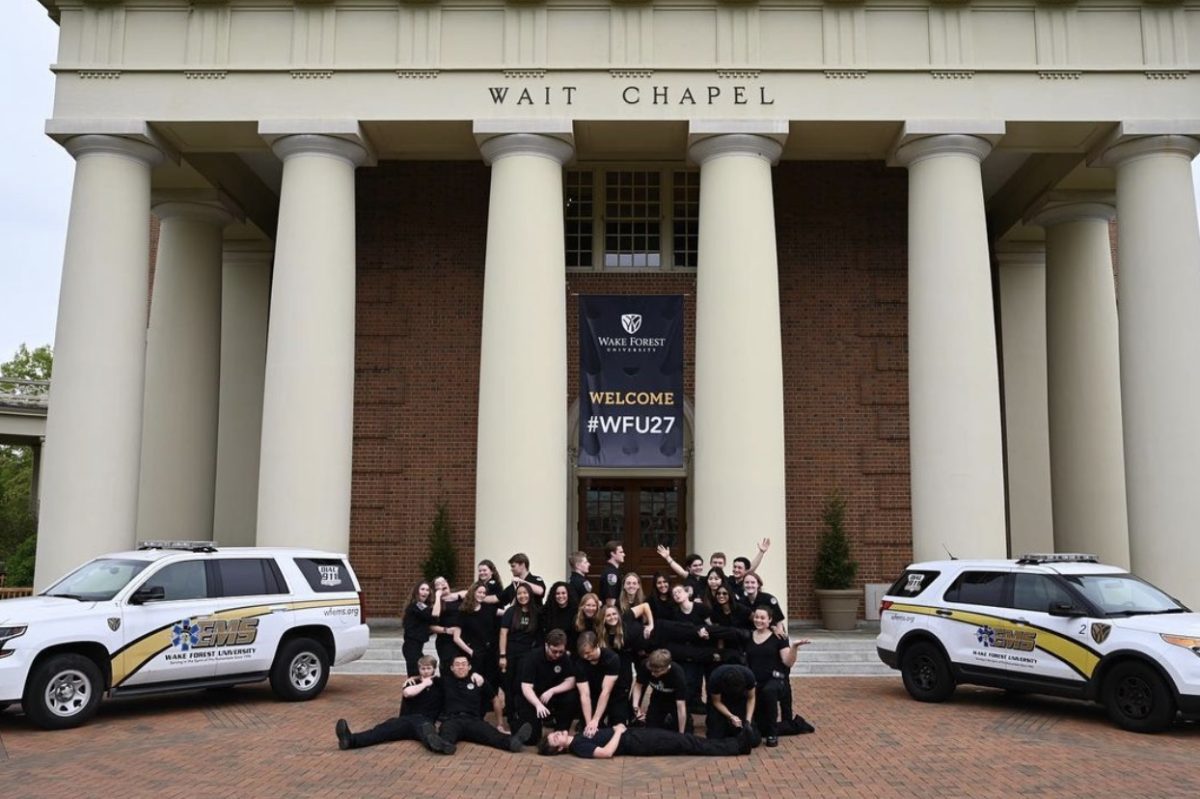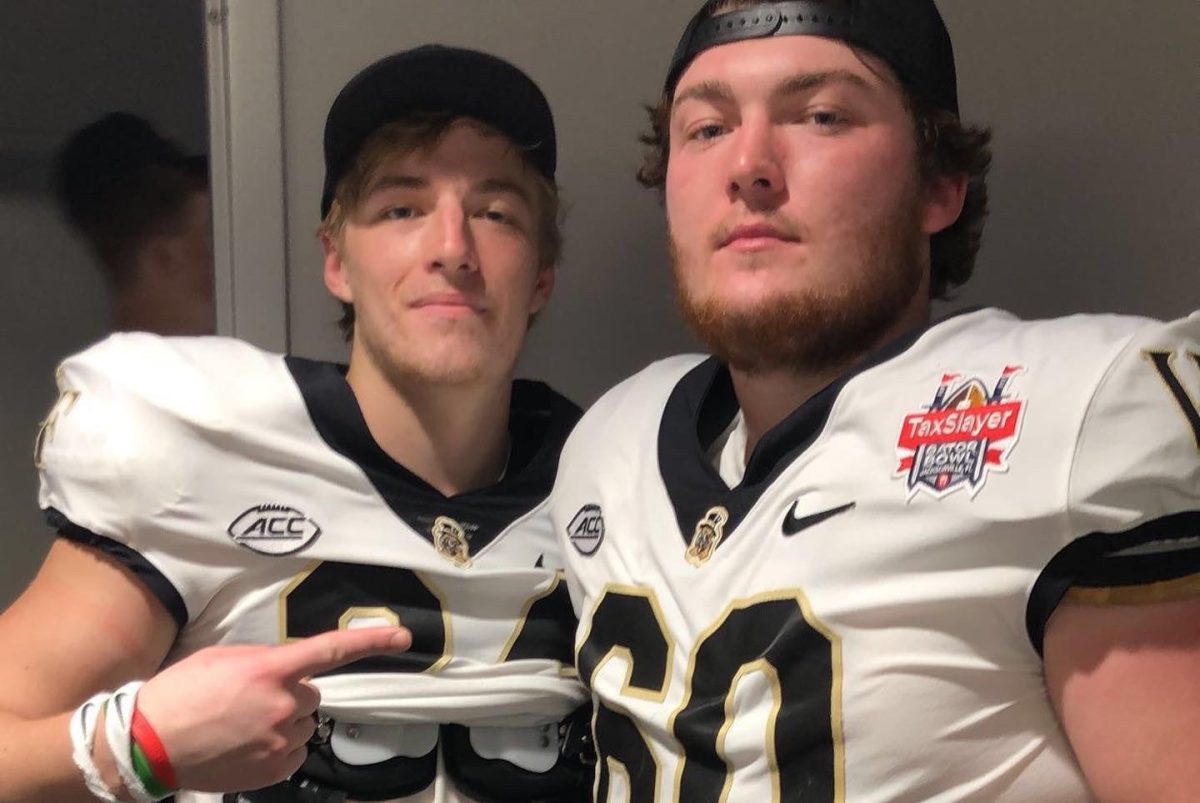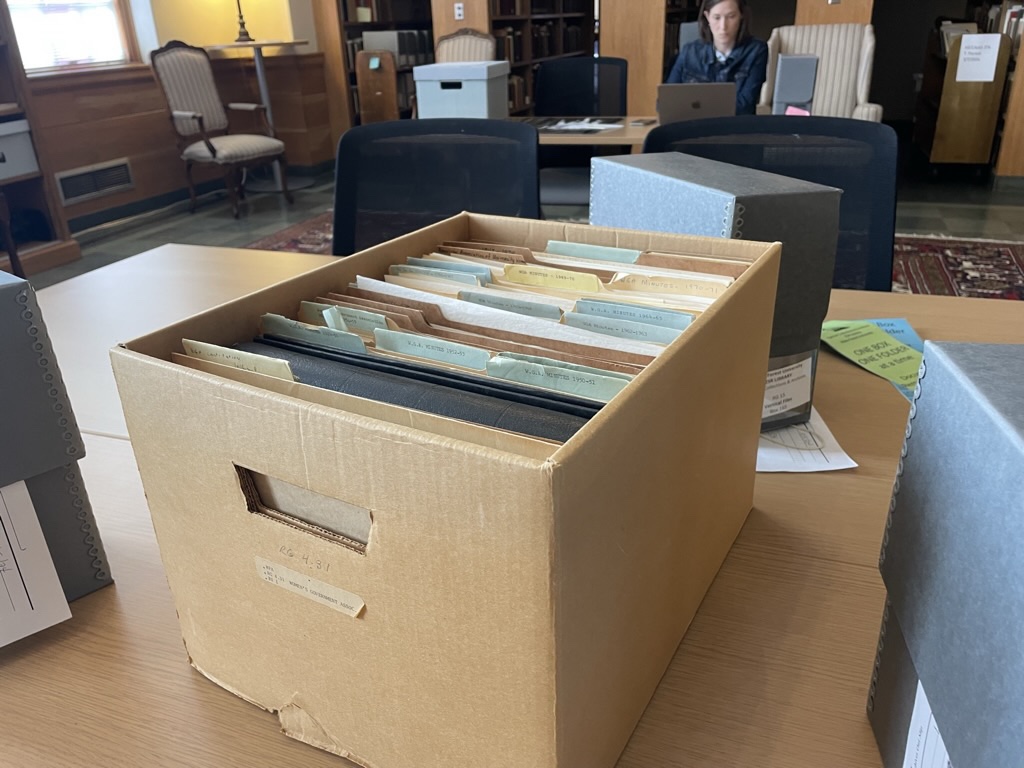Orrin Jones stared down at the House Gallery, watching rows of suited representatives cast their votes. Jones was caught off guard by how much this scene reminded her of the crowded Waker Forest Pit at lunchtime. No one sat still: Democrats walked over to Republicans. Republicans went to Democrats. Cards were exchanged, conversations sparked.
“It’s a lot more communication than I’ve ever heard about on the news,” Jones said. “All I ever hear is they don’t talk to each other. But they do. They talk. They argue. That’s how Congress works.”
Jones is a current Wake Forest sophomore interning with Rep. Terri Sewell, D-Ala., in the U.S. House of Representatives. She is one of 13 Wake Forest students in the Wake Washington Program.
Each year, students study and intern in the capital while taking courses from Wake Forest faculty. This program has always been a stepping stone for aspiring political science and international affairs students.
However, this year feels particularly charged. It’s election season, and the race is tighter than ever between two candidates with opposing visions for the country. As of Oct. 20, just two weeks before the election, Vice President Kamala Harris and former President Donald Trump are locked in a near tie amid highly polarized supporters.
In Washington D.C., Wake Washington students have a front-row view of the final stretch leading up to the election while working on Capitol Hill, in government affairs firms and at think tanks.
Alongside their internships, they take classes with Dr. Katy Harriger, exploring the history and operation of the U.S. national election process as it relates to the 2024 election. They also study politics and election law with Elliot Berke, a Wake Forest alumnus and the president of the Republican National Lawyers Association, who serves as outside counsel to former Speaker of the House Kevin McCarthy, R-Calif.
In this environment, Jones easily feels ideas being tested. The cohort includes students from across the political spectrum — some, like Jones, intern for Democrats, while others work for Republicans like Sen. Ted Budd of North Carolina and Sen. Lindsey Graham of South Carolina.
The classroom reflects this mix, too; while Harriger’s class leans bipartisan, Berke often brings in GOP voices, including David Bossie, the president of Citizens United. Bossie is known for overturning long-standing campaign finance laws and later served as Trump’s deputy campaign manager.
“It’s really hard not to feel a certain way,” Jones, who still remembered the uproar over Bossie’s controversial comments to a Black Fox News panelist, said.
Those on the opposite political side agree. Haley Summer, a junior, identifies as a Republican. This semester, she’s interning with Sen. Ted Budd.
“Most of the class leans left, with a few of us leaning right,” Summer said. “We even have a couple of independents, so we’ve got all three major parties in class. Discussions get super intricate.”
Jennifer Richwine, executive director of the Wake Washington Center, says the program’s ideological diversity is intentional. In a time of deep political divide, she wants students to break out of their cliques and learn from each other’s backgrounds.
“We want them to have tough conversations about politics and the election throughout the semester,” Richwine said. “We also want them to dive into this conversation and get to know each other beyond the classroom.”
Urged by Harriger and Berke to see beyond polarized figures, Jones now values being in class with those who disagree with her. She often finds herself walking home with them, discussing how polling, debates and news shape their offices on Capitol Hill.
“We hear many opinions, but they’re from one angle. It’s on me and the other students to do our research and understand more,” Jones said.
Summer, on the other hand, is surprised by how frequently they find common ground. Though no professor made it a requirement, many students found themselves watching not only the presidential debates but the vice presidential debates with their peers. Their consensus, though ideologically divided, was that JD Vance performed well. They likewise enjoyed visits from former Speaker Kevin McCarthy brought through Berke’s connections, engaging with stories of his humble beginnings.
Summer thinks the bond comes from living together in the city.
“[At] the end of the day, we’re all friends,” Summer said. “In a typical class of 30 people, it’s harder to connect. Here, I feel comfortable sharing my beliefs. I can speak up without worrying about what everyone else thinks. Wake Washington gives me that confidence.”
Still, no one can predict what will happen on election day. However, Summer and Jones have noticed shifts in their surroundings. They see more protests in the streets, and Jones finds Uber drivers in Washington D.C. asking her which party she supports. Meanwhile, watching her congresswoman work on bipartisan bills — like the recent $3.1 million for mental health services in Birmingham City Schools, funded by the Bipartisan Safer Communities Act — has provided Jones with a new outlook on the American political system.
“There’s really no time to be divided, to have animosity towards each other just because you believe in certain things,” Jones said.



